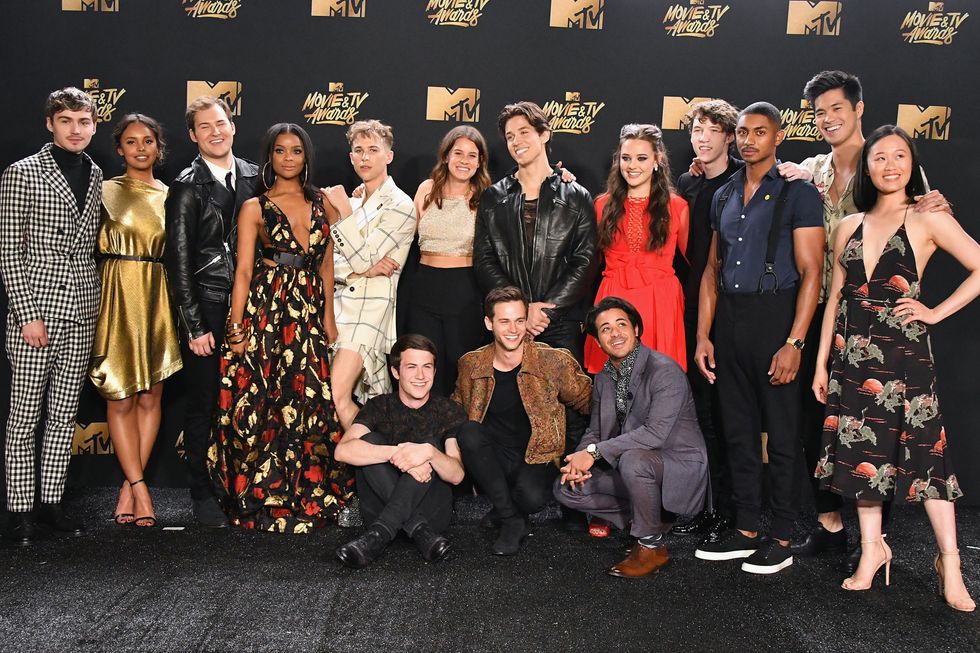Any visual adaption of a beloved book can come with its challenges. This time last year, Netflix released the series based off of Jay Asher's "13 Reasons Why." The 13 episodes came with mixed reviews from teens and adults alike. In no way is it the perfect show; it makes mistakes. Regardless, It spoke to all generations. It started a conversation.
The Netflix logo stamps across the screen with a thudding sound. Immediately following this, the cast speaks directly to its viewers.
"'13 Reasons Why' is a fictional series that tackles tough, real-world issues, taking a look at sexual assault, substance abuse, suicide, and more."
Different characters appear and preview the light that will be shed on difficult subjects. Alisha Boe, who plays Jessica, cautions that the series may not be for those who are struggling with these issues or should watch with a trusted adult. It is important to emphasize to viewers the triggering messages throughout the series, especially the season finale.
The makers behind the series intend to introduce this new season with an obvious awareness. In fact, the show's own crisis resource 13reasonswhy.info appears at the end of every episode. Though a controversial show, it addresses matters others are hesitant to. It is not intended to harm people, rather make others mindful of his/her actions and real issues going on in society. After each season, Netflix also airs a PSA titled "Beyond the Reasons," which delves into the characters, decisions and themes within.
Season two's theme is recovery. It focuses on the aftermath of the tapes and how each character is coping. Throughout the trial of Olivia's, the mother of Hannah, lawsuit against Liberty High School, the school's lawyer, Sonya, represents the misconceptions surrounding mental health and sexual abuse. When speaking with Hannah's English teacher Mrs. Bradley about an anonymous suicidal poem written by Hannah, Sonya suggests that because Hannah did not identify herself or use available resources that the school couldn't possibly help her (though it was rumored to be Hannah). Yet as the teacher herself says, "teenagers often don't know what help they need, much less how to ask for it."
"So isn't it true that Hannah opened herself up for a reaction, and therefore, is in many ways responsible for what followed?"
Here, Sonya refers to Hannah's private pictures towards, later assumingly Zach, a student she became intimately involved. Sonya leads her witness and suggests that, to put it bluntly, Hannah asked for her reputation and traumatic assault. She represents the sad reality of victim blaming. When questioning witnesses, she makes sure to do whatever possible to stop others from speaking Hannah's truth by twisting their answers. In her closing statement, Sonya even goes as far as to blame Olivia for her daughter's death because of a family history of illness.
A season-long awaiting justice for Hannah, Jessica and others sexually assaulted comes with frustrating results, letting off rapist Bryce Walker with a mere three months probation. It is something that can be seen in real-life cases such as Stanford rapist Brock Turner and Michigan State's protection over Dr. Larry Nassar. These types of injustices are the reality. Schools can do better. Those in power can do better. We can do better.
If you or someone you know is struggling with suicidal thoughts, please contact the National Suicide Prevention Lifeline at 800-273-8255.



















